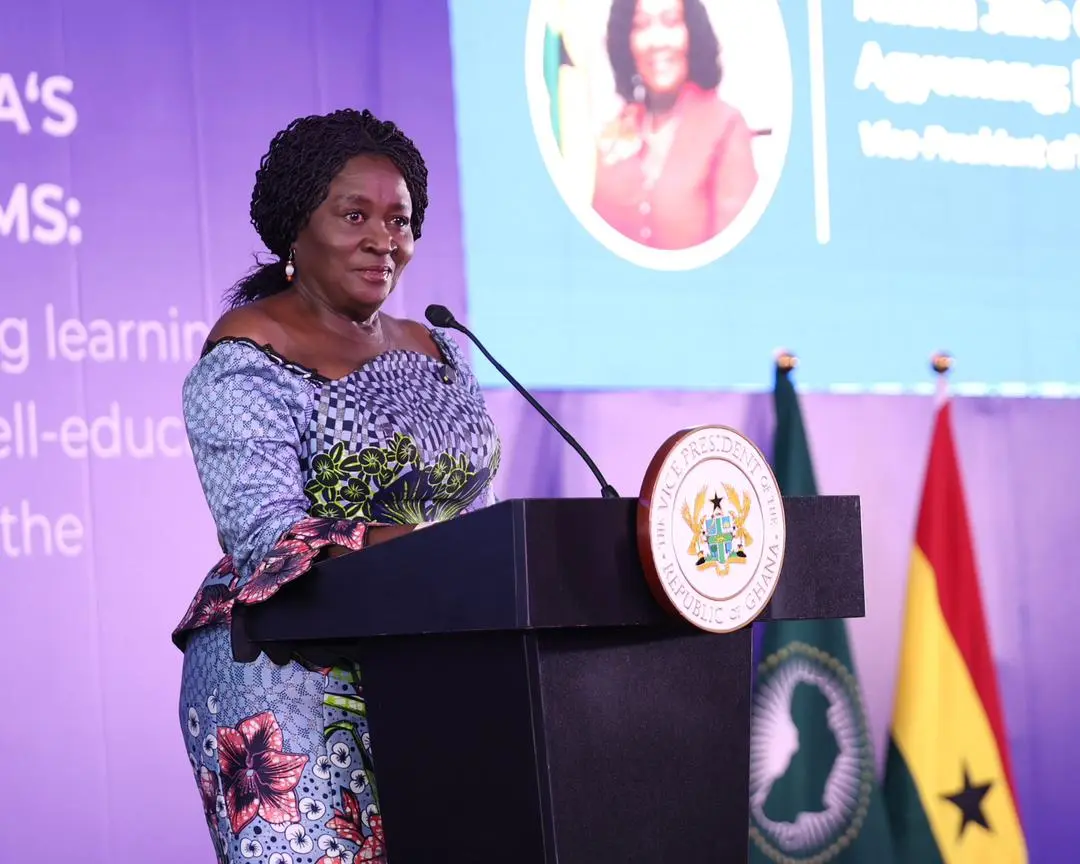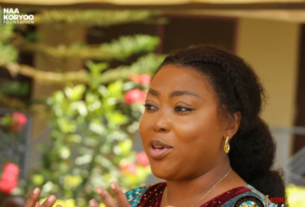Read also:
- Oscar Provençal- Hair does not determine grades
- 2025/2026 postings, National Service Authority releases first batch
- Court refuses injunction application on Daddy Lumba’s funeral
- Nii Odartey Lamptey steps down as Eleven Wonders head coach
- Minority in parliament moves to suspend vetting of Chief Justice nominee over pending court cases
Vice President Professor Naana Jane Opoku-Agyemang has called for stronger, innovation-driven education systems across Africa to power the continent’s transformation. She made the call while addressing the opening of the 2025 ADEA Triennale in Accra, held under the theme “Strengthening the resilience of Africa’s educational systems: advancing towards ending learning poverty by 2035.”
Welcoming participants to Ghana, on behalf of President Mahama, the Vice President expressed delight that Ghana was chosen to host this year’s Triennale, describing the focus on human development anchored on education as “perfectly aligned with Ghana’s national priorities.”
She commended the Minister for Education, Hon. Haruna Iddrisu, and his team for their leadership and commitment, noting that the 2025 Triennale “offers Africa the opportunity to take stock of our progress since 2020 and to assess how global and continental shifts are shaping our education systems.”

Highlighting the persistent challenge of learning poverty, Professor Opoku-Agyemang lamented that “while more children are enrolling in school, too many still lack basic literacy and numeracy skills.” She stressed the need for education systems that not only adapt to change but also drive it, saying, “Our schools must not merely cope with technological and societal changes, they must create and contribute to innovation.”
The Vice President took the opportunity to salute education workers across the continent; teachers, researchers, administrators, and support staff for their “unwavering dedication and resilience.”
Outlining key national initiatives, she pointed to the Ghana Accountability for Learning Outcomes Project (GALOP), which now covers all public kindergarten and primary schools, supported by international partners. She also announced the establishment of the National Research Fund with a seed capital of GH₵50 million from the GETFund, aimed at promoting evidence-based policymaking and research innovation.

Professor Opoku-Agyemang underscored the need for African countries to add value to their resources and invest in skills development, urging leaders to view education as the foundation for economic transformation. “We must move beyond dependence on aid,” she said, “and build the skills and confidence to define our own development path.”
The ADEA Triennale, one of Africa’s most significant gatherings on education and human development, brought together ministers, policymakers, and experts to chart strategies toward ending learning poverty by 2035.





